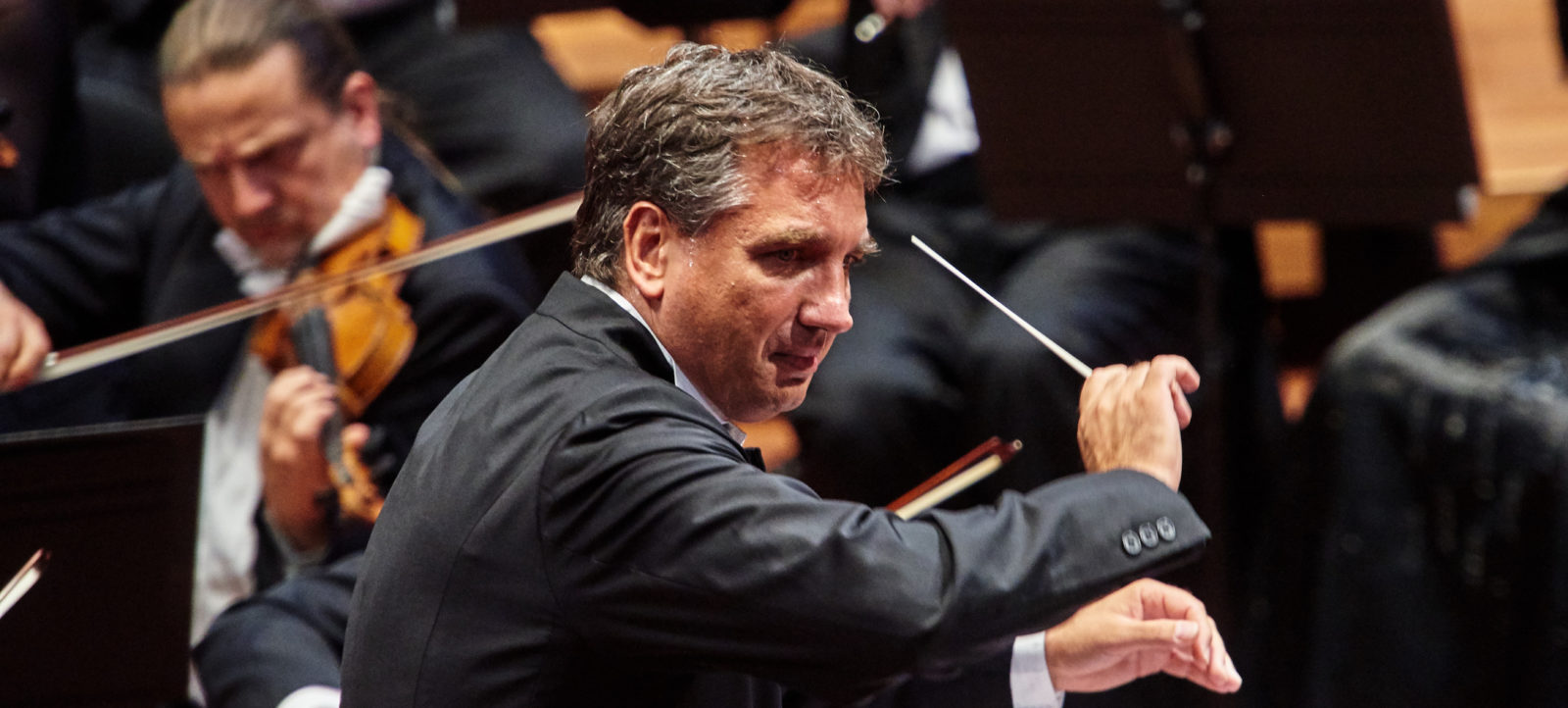
Budapest
MAHLER: Symphony No. 2 “Resurrection”
Kocsis season ticket 5
Hungarian National Philharmonic Orchestra
“O Death, you masterer of all things, now are you conquered!” (Friedrich Gottlieb Klopstock)
There are those who are passionate advocates, and others who utterly reject the music of Gustav Mahler (1860-1911). His Symphony No. 2 was premiered in 1895 when he was director of the Hamburg Opera. The Resurrection of the sobriquets refers not to the familiar story of Easter, but the title of an ode by Klopstock. It expresses a faith that every person’s soul is immortal, and that every life eventually continues in another form. The piece also contains an earth-shattering vision of the last judgement. In this piece, we see Mahler using a larger orchestra than ever before to express a message of cosmic significance. He uses a vocal soloist and choir in addition to the enormous orchestra, and extends the length of the piece to match the grandiosity of its message. As Mahler wrote, the first movement of the second symphony is like a funeral march for the fallen hero of the first. This is the first manifestation of Mahler’s idea that he had been composing a single grand work for his entire life, and that each symphony was an organic continuation of the last. A poignant creation.

